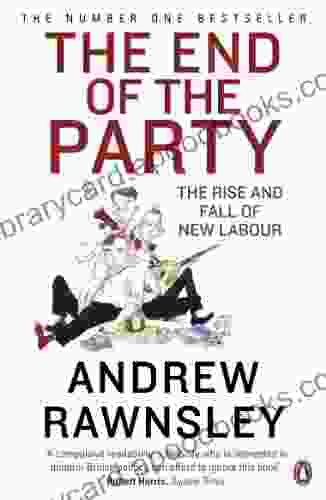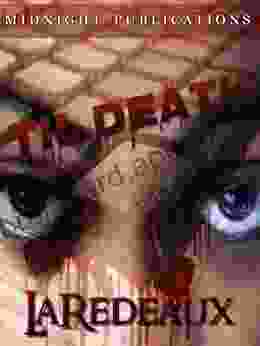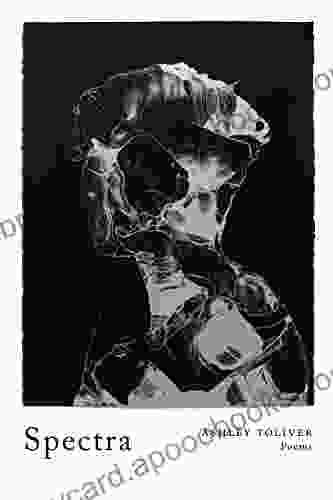In the vibrant yet unforgiving urban landscape of New York City, the legendary "party" rages on, its seductive allure drawing countless souls into its glittering vortex. However, beneath the surface of revelry and escape lies a darker reality, where the pursuit of pleasure spirals into addiction and the relentless march of time threatens to consume all. "The End of the Party," a gripping novel by Richard Price, captures this stark contrast with unflinching honesty and literary brilliance.
4.7 out of 5
| Language | : | English |
| File size | : | 2313 KB |
| Text-to-Speech | : | Enabled |
| Screen Reader | : | Supported |
| Enhanced typesetting | : | Enabled |
| Word Wise | : | Enabled |
| Print length | : | 828 pages |
A Cast of Compelling Characters
At the heart of the story lies an unforgettable cast of characters, each struggling with their own demons and grappling with the consequences of their actions. There's Bobby, the charismatic drug dealer whose charm masks a desperate need for control; Helen, Bobby's long-suffering girlfriend, torn between her love for him and her desire for a better life; and Sunshine, a young woman whose dreams of stardom collide with the harsh realities of the music industry.
Through the intricate tapestry of their lives, Price weaves a poignant exploration of human frailty, the allure of self-destruction, and the fragility of relationships.
Addiction's Grip
"The End of the Party" unflinchingly portrays the destructive nature of addiction, its insidious tentacles ensnaring both the addict and those around them. Bobby's addiction to heroin serves as a chilling reminder of how easily one's life can spiral out of control, while Helen's struggle to break free from her codependent relationship with Bobby highlights the devastating impact of addiction on loved ones.
Price's raw and unflinching prose captures the physical and emotional toll of addiction, leaving readers with a visceral understanding of its horrors.
Self-Destruction and Redemption
As the characters in "The End of the Party" navigate the treacherous path of addiction and self-destruction, they are confronted with the possibility of redemption. Bobby's fleeting moments of clarity reveal a longing for a different life, while Helen's unwavering resilience suggests that even in the darkest of times, hope can prevail.
Through its unflinching portrayal of both self-destructive tendencies and the potential for redemption, "The End of the Party" invites readers to confront their own vulnerabilities and consider the fragile nature of existence.
Literary Significance
"The End of the Party" is not merely a captivating work of fiction but a powerful exploration of universal themes that resonate deeply within human experience. Price's intimate character study delves into the complexities of addiction, self-destruction, and the human condition, offering insights that transcend the boundaries of genre.
The novel's vivid portrayal of urban decay and the underbelly of society has earned it comparisons to the works of Charles Bukowski and Hubert Selby Jr., while its unflinching depiction of addiction has drawn praise from critics and readers alike.
In "The End of the Party," Richard Price weaves a gripping tale that captivates, disturbs, and ultimately compels readers to confront their own vulnerabilities. Through its unforgettable characters, unflinching portrayal of addiction, and exploration of redemption, the novel serves as a stark reminder of the consequences of excessive living and the enduring power of human spirit amidst adversity. A must-read for fans of gritty urban fiction and literary masterpieces alike, "The End of the Party" is a work that will linger in your mind long after you close the book.


























































































